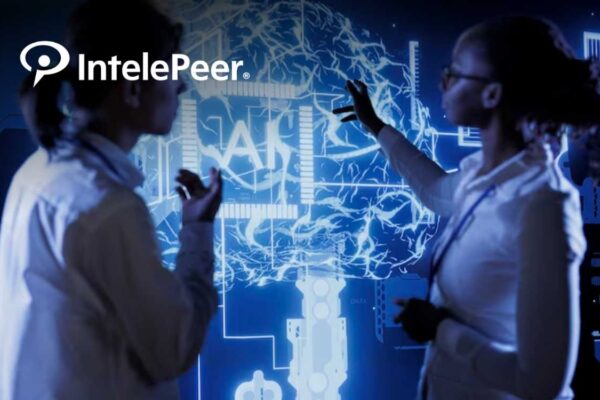CEO Frederic Revah discusses how Artificial Intelligence is creating next-generation gene therapy vectors and reducing bioproduction costs in the latest issue of Genethon’s Newsletter
Genethon, a unique non-profit gene therapy R&D organization founded by the French Muscular Dystrophy Association (AFM-Telethon), provided an update on its efforts to employ Artificial Intelligence (AI) in revolutionizing the development and bioproduction of gene therapies.
“At Genethon, we have multiple examples of how these technologies can be used to develop products that are more efficient and safer with improved production technologies,” Genethon CEO Frederic Revah said.
Genethon partnered in 2021 with Whitelabs Genomics, a company which has developed the proprietary CatalystTM platform enabling the multi-parametric analysis of complex biological data. The partnership has the primary objective of harnessing the CatalystTM platform to develop next-generation gene therapy vectors, enhancing their precision regarding the tissues to be treated while reducing their immunogenic potential, and other possible side effects.
“This promising collaboration is ongoing and covers both the creation of proprietary AI tools specifically tailored for our specific objectives and the generation of innovative AAV capsids,” Dr. Revah observed.
On the manufacturing side, Genethon is collaborating with Thales, a European leader in AI for mission-critical systems for Defense, Security, Aeronautics, Space and Cybersecurity. The collaboration focuses on AI tools for improving bioproduction efficiency.
“Producing gene therapy treatments is an extremely, complex, time-consuming, and particularly costly process,” Dr. Revah said. “Major challenges include reducing the production time and costs. To improve the productivity and the quality of gene therapy products, the objective of this collaboration is to develop first of its kind efficient digital models for increasing bioproduction yields in the field of gene therapy.”
This project is in line with Genethon’s objectives of improving production yields and thus reducing the production costs of innovative therapy drugs, which for certain diseases can reach several hundreds of thousands of euros per patient. The use of AI thus serves Genethon’s global goal of guaranteeing access for patients to these innovative treatments.
Dr. Revah’s commentary on the impact of AI on gene therapy is part of Genethon’s current newsletter highlighting the organization’s product development, research collaborations and scientific journal publications.























